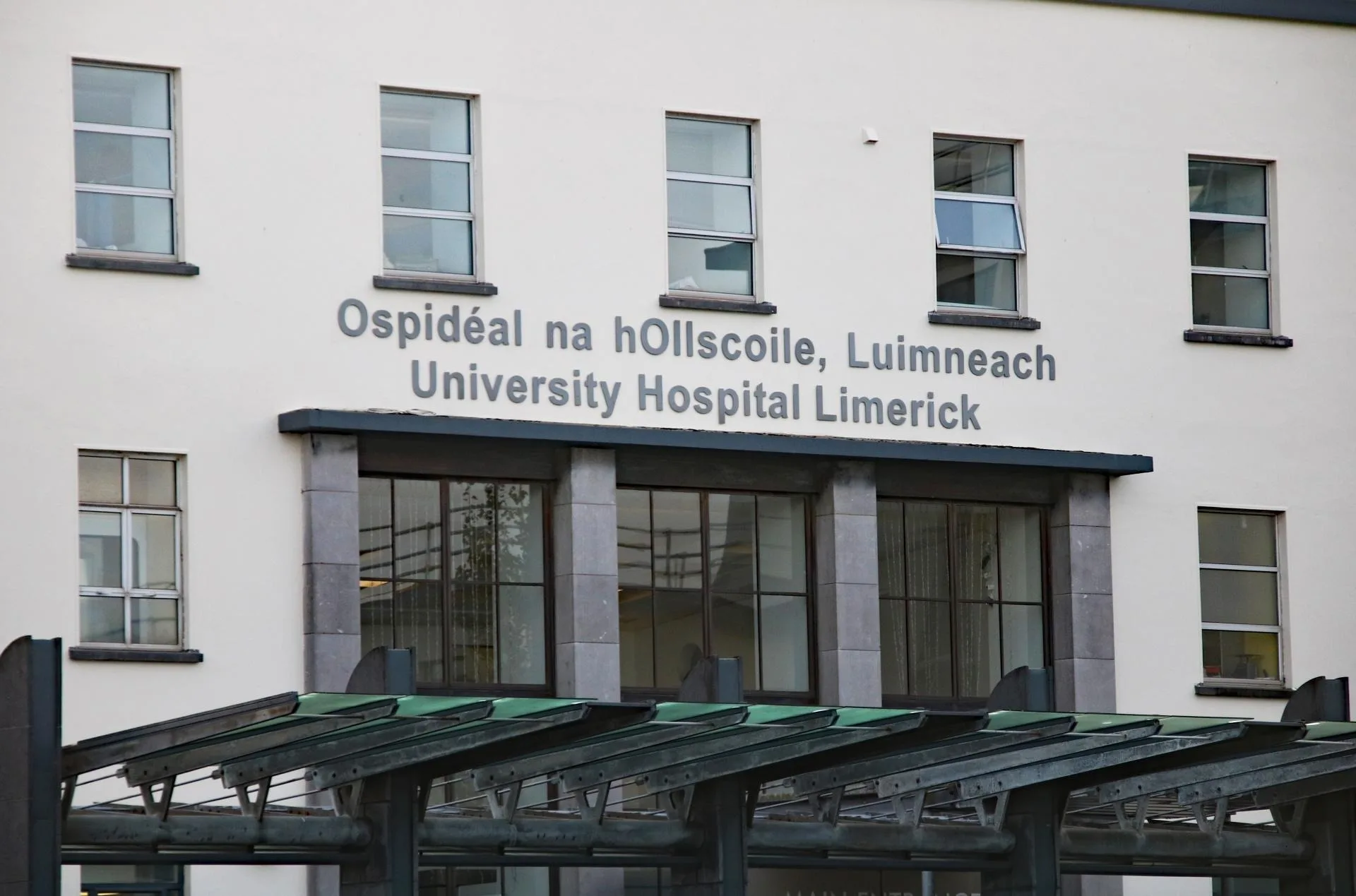University Hospital Limerick (UHL) is currently facing intense scrutiny following revelations from an internal audit that disclosed the hospital paid out €14.2 million to third-party providers in 2023, without adhering to standard competitive procurement processes. This expenditure was part of a government initiative aimed at curbing the prolonged patient waiting lists.
The audit uncovered that contracts worth over €1.5 million were allocated to two companies closely linked to UHL staff. One company received contracts totaling €714,087, while another was awarded contracts worth €919,885. Both companies had UHL employees as directors at the time these contracts were assigned. Furthermore, another contract nearing €400,000 was issued to a third company, which also had a director who served as a Health Service Executive (HSE) employee in a different hospital.
These findings come despite the HSE’s implementation of a dynamic purchasing system (DPS) back in 2021, designed to streamline the procurement of clinical services across the EU. The DPS allows hospitals to conduct mini-competitions among pre-vetted providers instead of engaging in full tender processes for every new contract.
Despite the DPS’s intent to facilitate efficiency and compliance in procurement, UHL’s management practices have raised concerns, especially regarding the engagement of staff in a private capacity, which the auditors noted might have legal and human resource implications.
The report highlights that it is a common practice for hospitals using the DPS framework to employ local HSE consultants and other staff through companies registered on the DPS. However, the involvement of UHL staff directly with contractors benefiting from hospital contracts has prompted a call for a thorough review of legal and HR policies.
In response to the audit, HSE Mid West has acknowledged the lapses in their procurement practices and is reportedly developing an enhanced procurement support function to ensure full compliance with regulations in the future.
The need to reduce waiting times remains a high priority for the health service, which was evident as Minister for Health Stephen Donnelly announced a significant investment of €240 million towards clearing waiting list backlogs. Last year alone, the HSE earmarked €99 million to this cause, allowing hospitals to manage service delivery through additional recruitment, overtime, or by contracting private providers.
